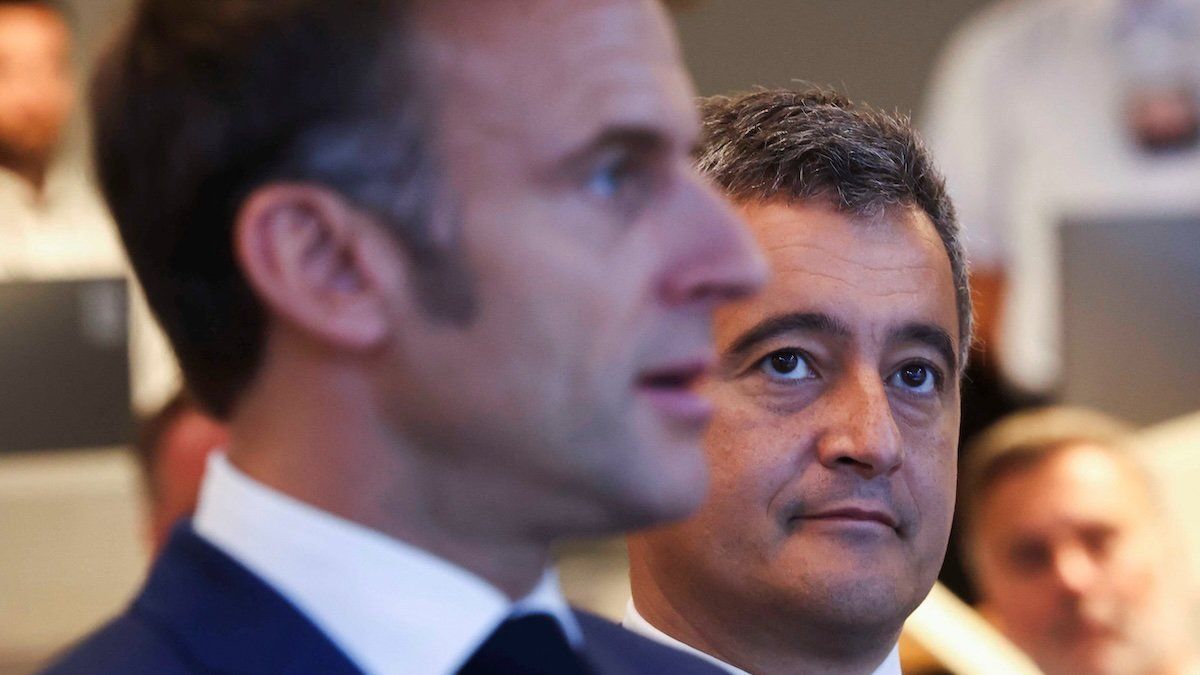On Monday, Interior Minister Gerald Darmanin blamed“ultra-left” anarchists for the Olympic opening day sabotage attacks that disrupted rail service across France. These “attacks were very intentional and well targeted,” he told reporters. This was “the traditional mode of operation of the ultra-left,” he added.
But no sooner had round-the-clock work restored rail service for French travelers and Olympic visitors on Monday than authorities discovered that long-distance internet cables had also beendeliberately cut at multiple sites, disrupting internet service across much of France, though not in Paris. No one has yet claimed responsibility for either the train or internet disruptions, but suspicion for both continues to fall on leftist anarchists.
But these attacks come at a time when European intelligence agencies have warned governments thatRussia is actively planning to target infrastructure across the country as part of a low-level conflict with NATO countries. Investigators will not only look for suspects who are French leftists – one man is alreadyunder arrest near the city of Rouen in Normandy – but they’ll also be looking for possible links between ultra-left groups and Russians.
Ultra-leftists have carried out these types of attacks before, Darmanin acknowledged, but "the question is whether they were manipulated or is it for their own account," he added, without citing any potential accomplice by name.
